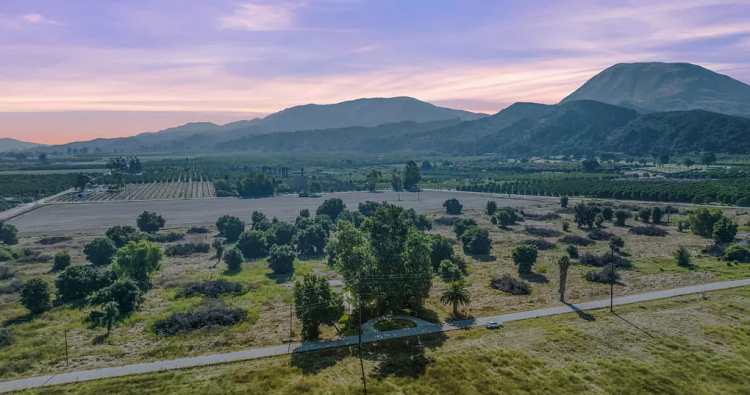The romantic image of country living is powerful. Imagine this: rolling hills, fresh air, starry nights, and a slower pace of life. This vision is often shaped by movies, books, and the desire to escape the relentless grind of city living. However, the reality of rural life, while frequently beautiful and rewarding, is much more complex than the idyllic postcard image suggests.
So, what’s the real truth? Let’s peel back the layers and explore the unvarnished reality of rural life.
The Good: Benefits of Unplugging and Reconnecting
- Peace and Quiet: One of the biggest advantages of rural living is the tranquility it offers. The absence of constant traffic noise, sirens, and bustling crowds provides a genuine balm for the soul. This quiet environment allows you to think clearly and truly connect with the natural world around you.
- Space and Freedom: The countryside provides ample room to roam, garden, raise animals, or simply breathe. It offers a luxury that urban living often lacks. The freedom to live life on your own terms, without the constraints of a densely populated area, is incredibly liberating.
- Community Ties: While privacy is cherished in rural areas, these communities often promote a strong sense of belonging. Neighbors tend to look out for one another, and local events play a central role in community life. After just a few months, you may find yourself greeted by name at the local store and invited to potluck gatherings.
- Connection to Nature: The beauty of the natural world is undeniable. Whether it’s hiking through forests, watching wildlife, or simply stargazing, the country offers constant opportunities to appreciate the beauty of nature. The air is cleaner, the skies are brighter, and the seasons are more pronounced.
- Slower Pace of Life: The relentless hustle and bustle of city life gradually fade away in the country. Things move at a more deliberate pace, allowing you to savor life’s simple pleasures and prioritize what truly matters.
The Not-So-Good: Challenges and Realities
- Isolation and Loneliness: While being part of a community is important, the distance between homes and the lack of spontaneous social interactions can lead to feelings of isolation, especially for those accustomed to the constant activity found in city life.
- Limited Access to Amenities: Forget about quickly stepping out for a late-night craving or accessing specialized services; everything requires a drive. Healthcare, entertainment, shopping, and even basic services like reliable internet and cell reception may be limited or nonexistent in some areas.
- Higher Costs for Certain Expenses: While property prices can be lower, other costs may be higher. Heating bills can be significant, especially in colder climates. You’ll also rely more heavily on a car, which can lead to increased fuel and maintenance expenses.
- Country” Challenges: Be prepared to handle maintenance for well and septic systems, deal with pests (such as mice, insects, and wildlife), and manage the upkeep of a larger property. This includes tasks like snow removal, lawn mowing, and potentially caring for livestock or crops.
- The “Good Ol’ Boy” Network: In some areas, local politics and social interactions can be heavily influenced by established networks. Newcomers may find it challenging to integrate into these circles.
Making the Decision: Is Country Living Right for You?
Living in the country isn’t for everyone. It requires a certain level of self-sufficiency, adaptability, and a willingness to embrace a different lifestyle. Consider these questions:
- Are you comfortable with solitude and fewer social opportunities?
- Are you prepared to maintain a larger property?
- Are you willing to forgo certain amenities and conveniences?
- Can you find suitable employment or create your own income stream?
- Are you adaptable and resilient enough to handle unexpected challenges?
If you can answer “yes” to these questions, country living might be the right fit for you. However, it’s essential to do your research and visit the area before making a decision.



In conclusion, living in the country is a complex blend of beauty, tranquility, and challenges. This lifestyle requires a degree of preparation, resilience, and a deep appreciation for nature. Although the idealized image of rural life may not always reflect reality, those who are willing to embrace its unique aspects can experience immeasurable rewards.
